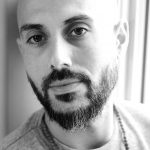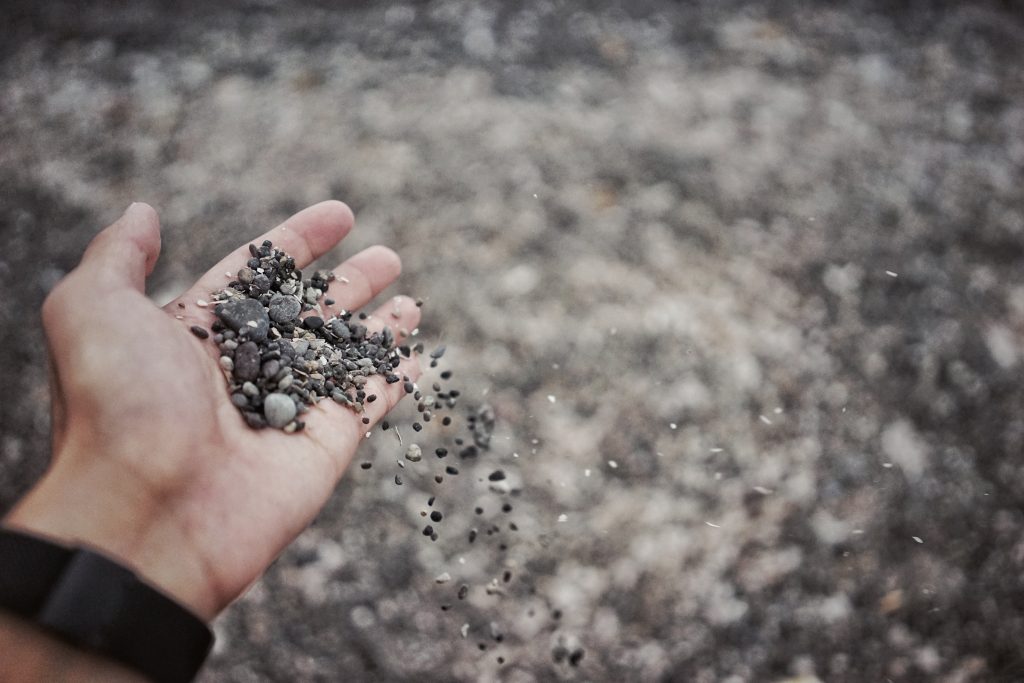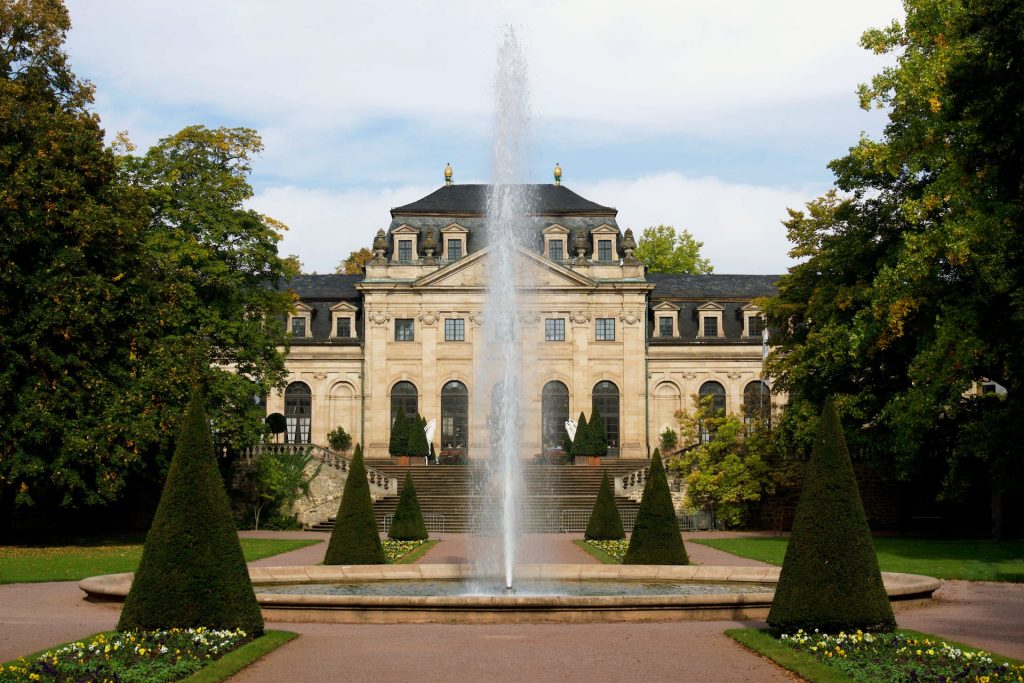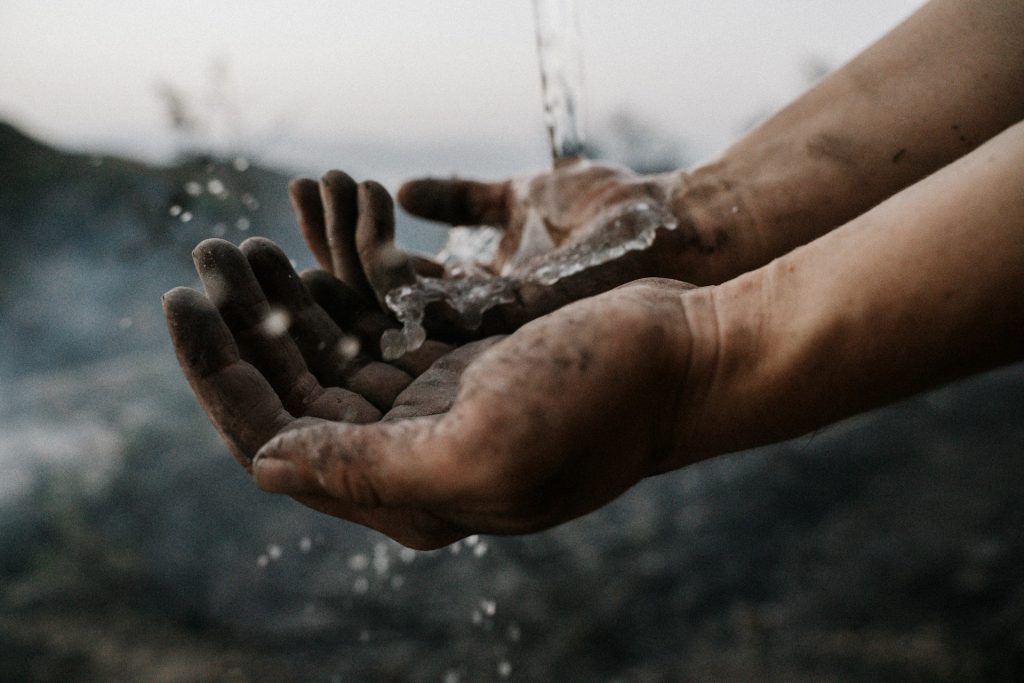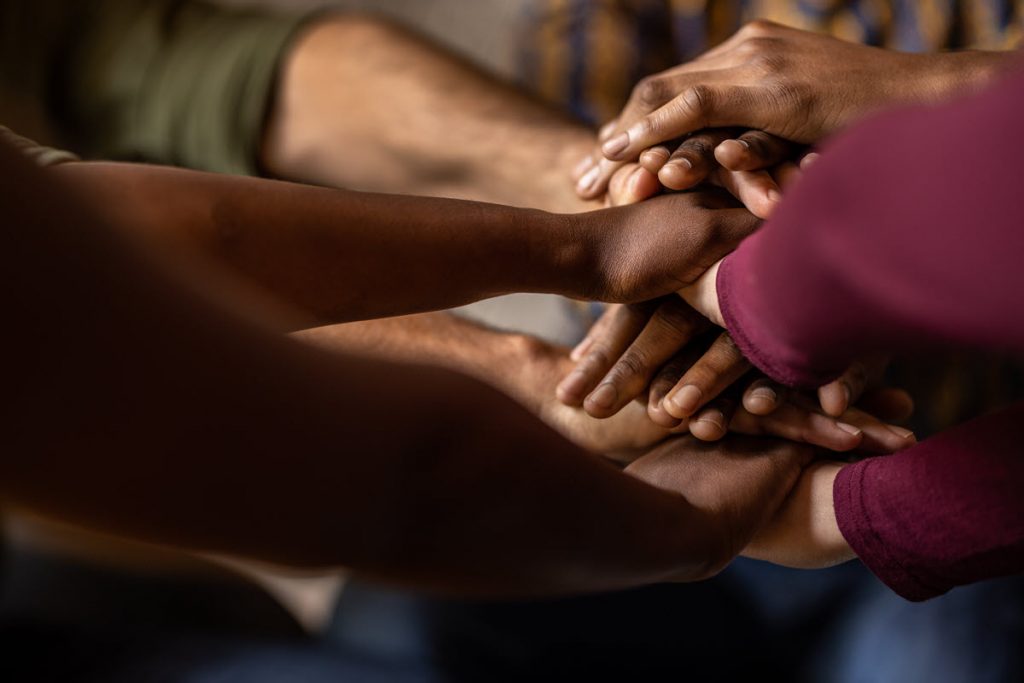Wind | A Letter to My Daughters
Before you were born, I went on a journey that would take me around the world completely, a spherical, three-dimensional journey. A journey of dirt and blood. A journey of taste and bodily sensation. A journey of texture. I am writing you because I want you to live in this world, to feel it in its fullness, its depth. I want you to fall in love with the world, flawed and sorrowful as it is. Your lives and the world as a whole—these are indistinguishable to me—depend on this.
The world has become flat, sterile, two-dimensional. It lacks texture, and we, the people, lack depth. It is this, as much as the rising seas or burning trees that I fear for my children, my three daughters. When I watch them play, imagine, create, I understand that theirs is a world that still lives, still burns with passion. Theirs is a world with texture. But I know also that they will encounter a culture that conspires to steal their soul, to flatten their world, and to make it, and them, sterile. To turn them into product and consumer, numbers.
So I set out to write to them of my own memories of the world I once knew, of the world of texture and depth, by describing a series of journeys I took around the world. Each leg of the journey is described in relation to an element. The excerpts here are taken from my encounter with air (“Wind”) while riding a bike through Wales in the spring of 2001, the final stop a journey that took me completely around the world, overland from Vietnam.
I am utterly frozen, exhausted. I haven’t been this cold since a miserable night in an Indian train in the mountains, months ago. With only the shawl I’d bought in Pakistan and a cap from Tibet to keep me warm, I am badly underdressed to be riding a bike across the Welsh countryside on a March morning. I am so often badly underdressed, I think.
Down the hills I feel air, piercing me. Up the hills, I feel the muscles in my body. I am cold and alive. This is good. I can feel the wind, my skin, the chemical flow in my body.
I reach the jagged coastline in St. David’s. The rhythm of the sea, not unlike the rhythm I’d heard in Mozambique, but rougher, rockier, more dangerous. I look to the west. I am heading home soon, and continuing my journey to the west. I will have circumnavigated the globe, a sphere.
After many months of travel, on buses and trains and bicycles, in the back of pickups and on the roofs of buses, through the Far East, over the Himalayas, into the Indian subcontinent, across the Middle East and Europe, I arrived on the Atlantic coast. As I looked out upon the Atlantic, the edge, the boundary between land and sea, I fully comprehended what I was about to do: circumnavigate the globe. I could understand more deeply and in my body, not just as a concept, that we live on a spherical planet, an island in the ocean of the cosmos.
The world has end, no edge, but it is surely finite. We are Easter Islanders chopping down the trees.
I rode to St. David’s, the smallest city in Wales, known only as a city because of its cathedral, the church of the patron saint of Wales. I visited the old church, then went to the sea. St. David’s juts out into the western sea, the direction in which I had been traveling for the past year, the direction in which I will journey home. Land and sea encounter each other abruptly, sometimes violently, here. The lines drawn on the map—or seen from the climate controlled cabin of an airplane—bear no resemblance to this coastline. But it is the wind that mediates. It pierces you. It exposes the lie of the harsh line between land and sea. When the coastal wind hits you, you know that you are not entirely on land here, that there is something of the sea in you. You can taste it.
Out across the sea, on a clear day, you can sea the gentle curvature of the Earth. It is here that I have reached the end of the journey around the Earth. A sphere. The sphere has a center—depth. Its surface has texture, like the pulsating waves, like the cliffs, like the bittercold winds.
On the sphere, there is no edge other than now.
At the edge of the sea, it becomes apparent that ours is a world of blurry lines. We don’t merely look at the sea from the coast; the sea is in us, its moisture in our bodies with every in-breath.
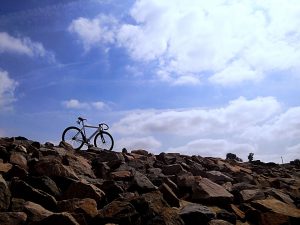 Culture and civilization require lines, require making distinctions between one thing and another. And this, of course, has value. To survive, our ancestors had to know the difference between friend and foe, predator and prey, lion and gazelle. But the line-making and distinction can be taken to far. We delude ourselves into thinking that our constructed lines are real. I crossed many borders on my travels, but never saw a border that meant anything real to anyone other than the soldiers and the bureaucrats. Animals and diseases and weather and money and—for the most part—people all ignored them.
Culture and civilization require lines, require making distinctions between one thing and another. And this, of course, has value. To survive, our ancestors had to know the difference between friend and foe, predator and prey, lion and gazelle. But the line-making and distinction can be taken to far. We delude ourselves into thinking that our constructed lines are real. I crossed many borders on my travels, but never saw a border that meant anything real to anyone other than the soldiers and the bureaucrats. Animals and diseases and weather and money and—for the most part—people all ignored them.
Borders, whether between nations or between land and sea, make sense from the perspective of the two dimensional map, but not from the ground. There, on the rough edge of the sea, we can perceive that there really is no edge other than the present moment, pregnant with a new tomorrow.
Soon, I will return to the airplane. I will get on in Heathrow, a plane that has come from India, filled with Indian families on their way to Chicago. I will be almost fooled, for a moment, into thinking that this ride reminds me of India. It doesn’t. It can’t. I have come from India, too, but traveled overland to get to London. In the stale air of the plane, there is no incense burning, no cow shit, no one selling chai in the corridors, no flies. I will ride back around the globe, the Earth, the spherical planet that is our only home, and could be riding from Cleveland to Buffalo.
The food on the plane has no taste, the final leg of the journey has no texture.
From above, the world of two dimensions is easier, more sterile. It has neither taste nor texture. Indeed, one could argue that we are mostly encountering the world this way: if not from an airplane above, then through a screen. What are the consequences, personally and collectively, for this alienation?
First and foremost, it allows for the delusion that we can somehow continue to plunder the Earth, to kill off other species, to decimate ecosystems, and be unaffected. The world of blood and dirt, of blurred and messy lines, of texture—this world is often an uncomfortable one. But it is the only real world.
You will know better what it means to feel this suffocation of living in a world that would deny your humanity. Urban America will teach you this. “I can’t breathe!” is the cry of the oppressed masses who struggle for their lives, their humanity, in the face of killer cops. It could also be the cry of life on the planet as we toxify the very air we breathe. In Asia, I awoke each morning to the sound of locals who breathed in this toxic air coughing and hacking and spitting. My own phlegm was black when I spit. The winds of the Pembrokeshire coast showed me the texture of the very air we breathe, reminded me that it is a thing to be cherished, not a void to be ignored and soiled. Where is the line between water and air, between night and day, between earth and sky? Wind mediates the Earth’s surface, reminding us that even the air is not empty. Without air, we could not breathe. It is a thing, not an absence. It pierces our bones and gives us life.
Always remember to breathe deeply.
We can’t breathe.
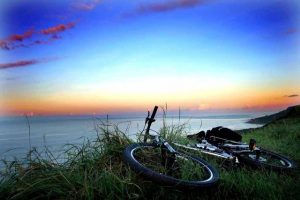 Breathing is the most fundamentally of bodily functions, most simple of spiritual practices. When we cannot breathe we cannot live. And there is nothing crazier than the toxification of the very air we breathe. And when we feel like we are suffering so much from the weight of a world in despair, from oppression, it is a sort of spiritual suffocation. When people to took to the streets to repeat Eric Garner’s last words before being choked to death by the police—“I can’t breathe!”—they expressed a truth that was psychological and literal, personal and global: We are choking ourselves to death.
Breathing is the most fundamentally of bodily functions, most simple of spiritual practices. When we cannot breathe we cannot live. And there is nothing crazier than the toxification of the very air we breathe. And when we feel like we are suffering so much from the weight of a world in despair, from oppression, it is a sort of spiritual suffocation. When people to took to the streets to repeat Eric Garner’s last words before being choked to death by the police—“I can’t breathe!”—they expressed a truth that was psychological and literal, personal and global: We are choking ourselves to death.
The journeys I took around the world were meaningful partly due to the specificity of place. Each person or place we love is cherished in their uniqueness, because we can see something in them brought forth in our relationship with them. The airplane and the mall, the quest to install ATMs in every village or to put everyone on a schedule—all these things remove the uniqueness of place, the texture of the world. This is how I love each of you—uniquely for the miracle of your existence as the singular you.
At the same time, circumnavigating the globe offered me a sense of wholeness, seamlessness, interconnectedness. Our planet is a sphere. While each perspective on it may be unique, it is also true that each perspective is equally central. Only in accessing our depth can we find the center. There is one Earth; she is unique. And you are called upon to fall in love with her.
Always remember to love deeply.
I can remember a time before we lost our depth, but more and more people cannot. In losing depth and mystery, we are losing our capacity to be child-like. Children teach us what makes us human. You are my teachers.
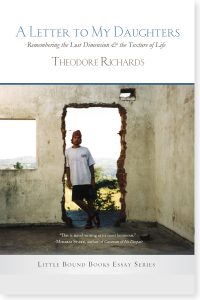 The challenge we have right now is not merely technological—it is spiritual and it is educational. It is spiritual because it requires a new understanding of who we are, of how we relate to one another and the world. It is educational because we need to create spaces in which to engage in this re-imagining, to tell a new story.
The challenge we have right now is not merely technological—it is spiritual and it is educational. It is spiritual because it requires a new understanding of who we are, of how we relate to one another and the world. It is educational because we need to create spaces in which to engage in this re-imagining, to tell a new story.
We are destroying the planet because we have somehow deluded ourselves into thinking that the human being is separate. These are the lies that the stories of our culture tell us: The human is somehow separate from the rest of creation, that the lines we put on a map are real; the value of the world can be reduced to the quantifiable, to profits and losses on a spread sheet; and that we can live a full and rich life by looking away, by avoiding the dirty, messy part of world and of life. We imperil not just the Earth and its creatures, but our own souls, too. This is the spiritual crisis.
And so, as a father, as an educator, my job is to find a way for my children to continue to play, to fall in love with the world, flawed and sorrowful as it is. There is no other way we can flourish, no other way we can survive.


